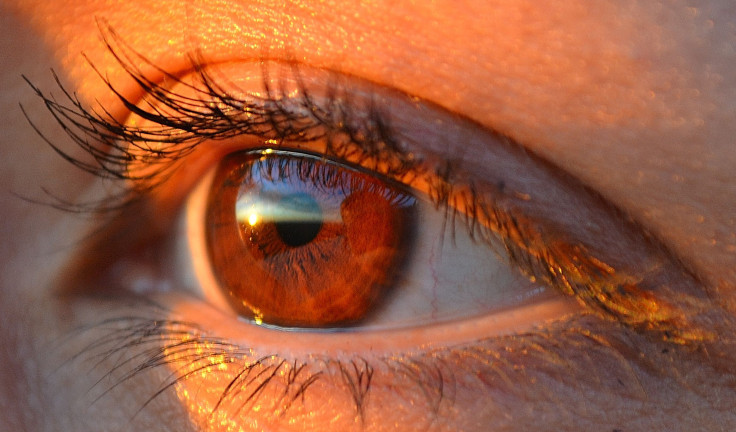Light Influences The Brains Of Even The Blind, Improving Cognitive Performance

As creatures shaped by the earth and sun, humans respond to light beyond the mere ability to see — with even the totally blind reacting in a cognitive sense to such stimuli.
Investigators at the University of Montreal and Boston’s Brigham and Women’s Hospital say the human brain responds lightning-quick with immediate changes in cognition during various tasks, an effect seen across study subjects with varying degrees of vision.
"We were stunned to discover that the brain still responds significantly to light in these rare three completely blind patients despite having absolutely no conscious vision at all," lead investigator Steven Lockley told reporters. "Light doesn't just allow us to see, it tells the brain whether it's night or day which in—turn ensures that our physiology, metabolism and behavior are synchronized with environmental time.”

Presently, scientists believe that specialized photoreceptors in the retina may also contribute to visual function in the brain, even when retinal cells have lost their ability to receive or process light, and therefore the ability to project the sense of vision, researcher Julie Carrier said.
For diurnal species such as humans, existing along a night-and-day continuum, “light stimulates day-like brain activity, improving alertness and mood, and enhancing performance on many cognitive tasks," Carrier said. In the study, blind subjects could still “see,” or detect, light hitting a novel photoreceptor in the ganglion cell layer of the retina, a set of rods and cones different from the ones used for vision.
A previous study involving a single blind subject revealed this alternate form of “vision,” preceding this latest test of three subjects, who were asked whether they could see — or, rather, detect — a blue light turned on or off, says researcher Gilles Vandewalle. "We found that the participants did indeed have a non-conscious awareness of the light—they were able to determine correctly when the light was on greater than chance without being able to see it."
Next, researchers watched brain activity when the light flashed at their eyes while simultaneously monitoring their response to a sound, endeavoring to discover whether light affected brain patterns associated with attention. It did.
A subsequent functional magnetic resonance imaging scan, while study participants performed a simple sound-matching task while lights flashed in their eyes, showed activation in brain regions believed important that particular task. Those regions carry responsibility for alertness and the regulation of cognition required to perform the matching task, the researchers said, in addition to serving a function important to the “default mode network” — a minimum reserve of brain power used to monitor the environment during times of inactivity, or slack.
Under present knowledge of the default network, the theory might explain why the brain’s performance improves as light hits those novel photoreceptors — and might change perception of human “vision.”
The study will appear in an upcoming issue of the Journal of Cognitive Neuroscience.
Published by Medicaldaily.com



























